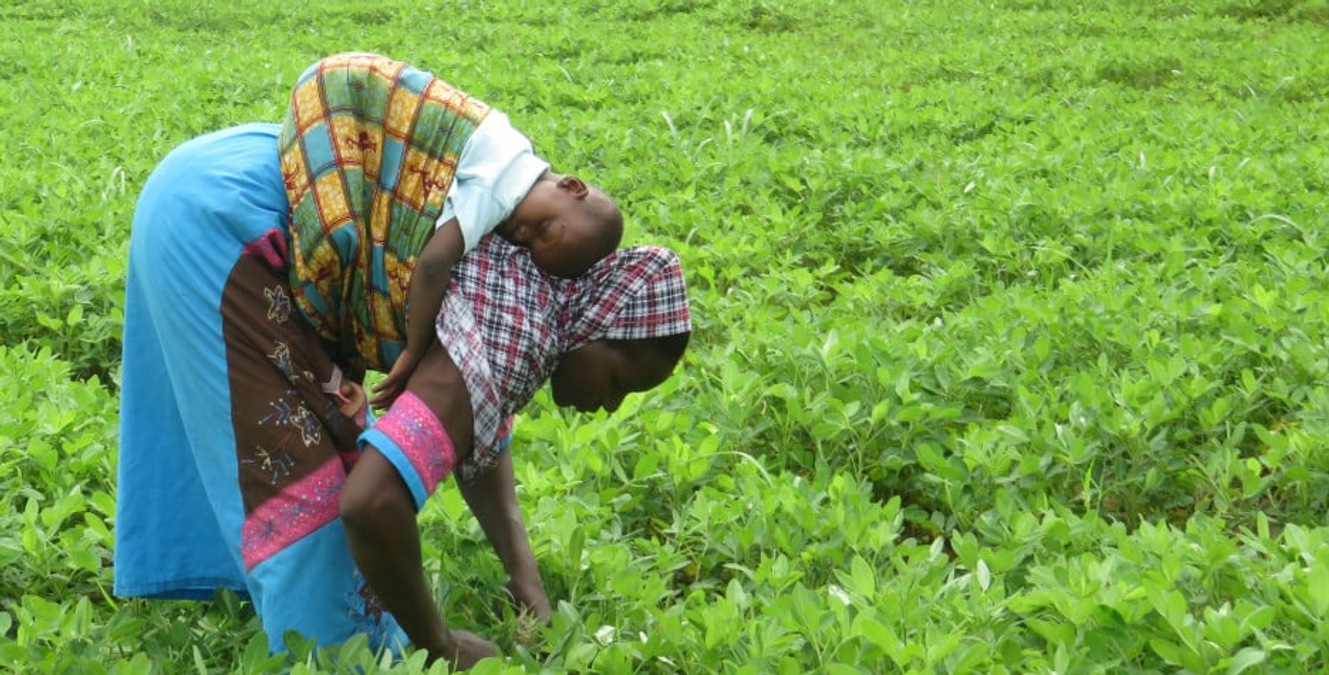Friday 5 December Farmer’s Day in Ghana
Since it was introduced by the Ministry of Food and Agriculture in 1988, the first Friday in December has been set aside to honour farmers and fishermen for their efforts in feeding the nation and recognise the vital contributions of a strong agricultural sector to the prosperity of the Ghanaian economy.
1982 until 1984 brought an agricultural crisis to Ghana. During these years, the country experienced a severe drought unprecedented in its history. The drought resulted in deadly bushfires in 1984, which stripped the land, resulting in little vegetation cover.
There was a serious food shortage because the bushfires severely damaged cocoa farms and food crops. However, Ghanaians were given some reprieve in 1984 when the National Mobilisation Squads, or Mobisquads, were formed to help rescue the situation. The Mobisquads transplanted cocoa trees after clearing the farms.
To encourage the importance of farming, and as a reminder of the risks involved, National Farmer’s Day was created.
